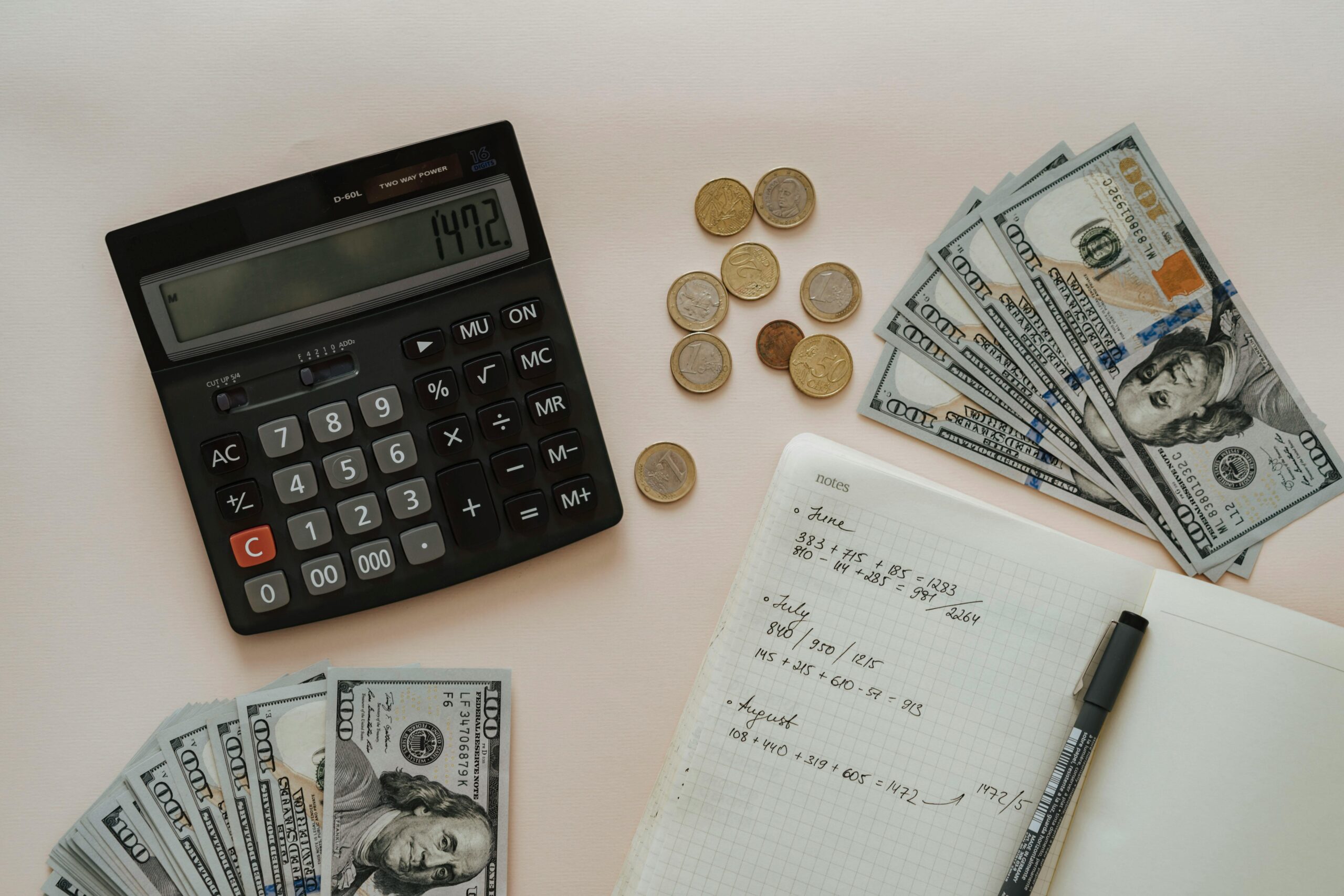Simple Steps to Create an Emergency Fund Without Stress
Having an emergency fund is one of the smartest ways to protect yourself financially when life throws surprises your way — whether it’s a medical bill, sudden car trouble, or losing your job unexpectedly. Many people put it off because saving seems hard, but starting doesn’t have to be complicated. Here’s how you can build an emergency fund even on a tight budget, without feeling burdened.
1. Begin with Small, Manageable Amounts
Don’t pressure yourself to save a large sum immediately. Start with what you can — maybe a few dollars a week. The goal is to get into the habit of saving regularly. Over time, small amounts add up!
2. Set an Achievable Target
A common recommendation is to save enough to cover three to six months of your expenses. But don’t let that number scare you. Focus on hitting your first target — for example, $500 or $1,000 — then work toward a bigger cushion step by step.
3. Make Saving Automatic
Treat your emergency savings like a monthly bill you must pay. Set up an automatic transfer to a separate savings account every payday. This way, saving becomes effortless and you won’t be tempted to skip it.
4. Trim Small Daily Expenses
Take a look at your spending habits. Maybe skip that daily café coffee and brew it at home, or pack lunch instead of buying it. Small cutbacks like these can free up cash to grow your emergency savings faster.
5. Save Unexpected Income
Any surprise money — like tax refunds, bonuses, or monetary gifts — can boost your fund quickly. Instead of spending that extra cash right away, put all or part of it into your emergency account.
6. Keep It Separate
Store your emergency money in a different savings account, ideally one you don’t check daily. This helps you resist the urge to spend it on non-urgent things.
7. Celebrate Progress
When you reach a milestone — whether it’s your first $100, $500, or $1,000 — take a moment to reward yourself in a modest way, like a special meal or movie night. It keeps you motivated to keep going.
Final Note
Building an emergency fund brings peace of mind and keeps you from relying on credit cards or loans when life happens. It’s perfectly okay to begin with small steps — what matters most is consistency and commitment. Future you will be glad you started today!




Post Comment